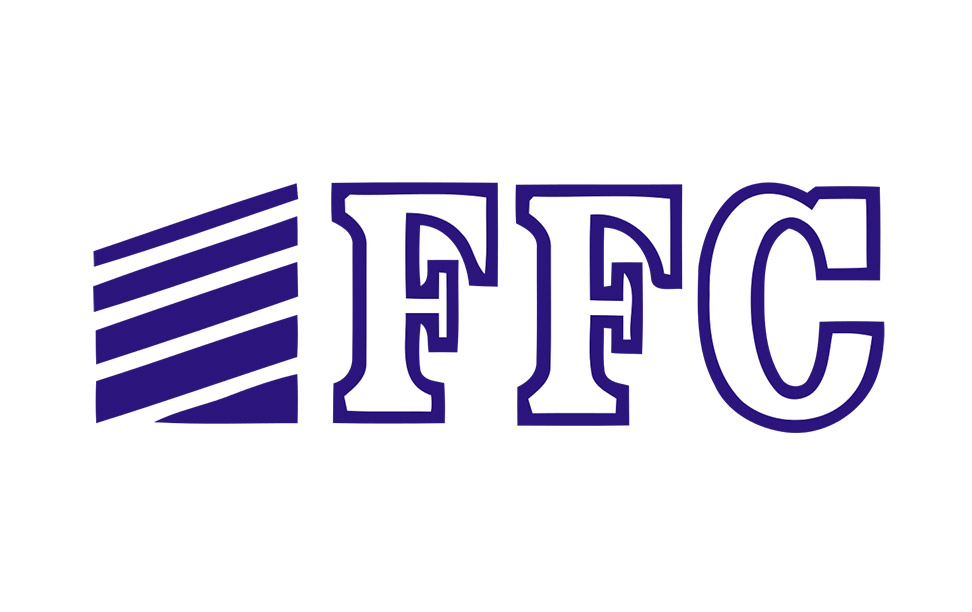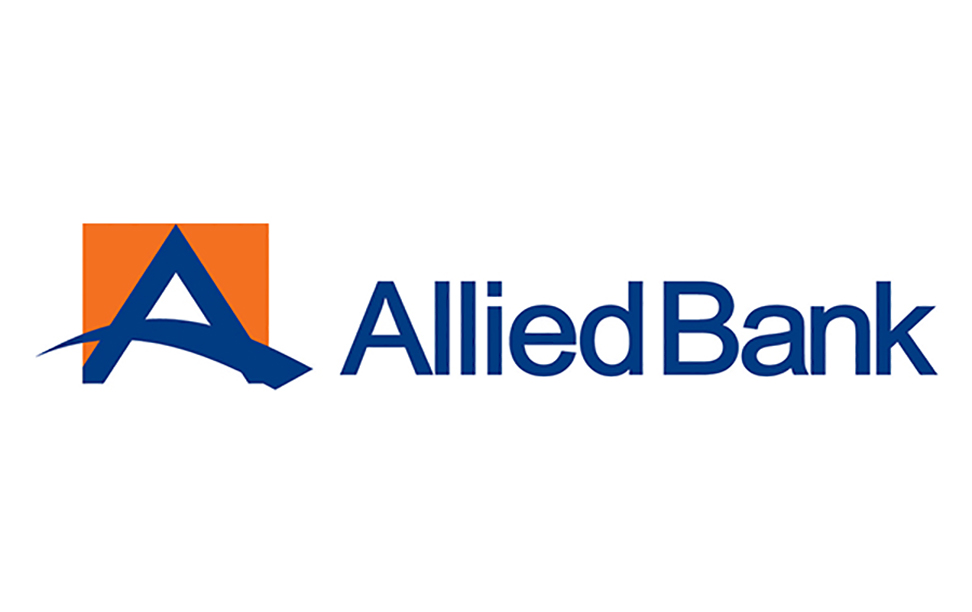May 14, 2019 (MLN): Pakistan and the International Monetary Funds (IMF) have finally reached a long anticipated middle ground under which the Fund has extended a financial assistance of $6 billion to the former, and the two parties have agreed upon economic policies that could be supported by the 39-month Extended Fund Arrangement (EFF).
The new Central Bank governor’s close association with IMF in the past as a senior resident representative of the Fund in Egypt, the fear has grown in the already dejected market that the IMF is pursuing Egyptian reforms model in Pakistan.
As explained in our previous article, Pakistan’s case is not as critical as Egypt, therefore, if the IMF pursues Egyptian type of model in Pakistan it will be much less of a suffering than it was in Egypt.
In this write-up, we further extend our analysis towards the Egyptian Stock Market (EGX30), to gain an insight on the Egyptian market’s reaction to significant interest rate hikes and devaluation during the IMF program.
On November 11, 2016, IMF and Egypt signed a $12 billion loan agreement with an aim to address macroeconomic vulnerabilities and to promote inclusive growth.
These vulnerabilities included an overvalued exchange rate; foreign exchange scarcity, which severely undermined private sector activity; a dramatic drop in foreign exchange reserves; large fiscal deficits; and a high level of public debt.
Accordingly, key features of the IMF’s 3-year Extended Fund Facility (EFF) program included the liberalization of the exchange rate regime (i.e. floating the Egyptian pound), fiscal consolidation to lower budget expenditures, tax increases, deep structural reforms, and lifting business regulations to spur economic growth.
On November 3rd, 2016, the Central Bank of Egypt (CBE) floated the Egyptian pound in an attempt to stabilize the economy which had been set back by a shortage of foreign currency inflows and political instability. Among the key goals behind the floatation was to meet one of the key demands of the IMF to secure a $12bn loan.
At the same time, CBE also hiked rates by 300 basis points in an attempt to curtail the inflation.
Right after the devaluation decision, the Egyptian stocks soared, with the country’s main stock index, the EGX30, rising by about 8%. In less than a week, EGX30 hit a five-year high.
Foreign investors and institutions, including Gulf-based investors, were on the buying side, only local investors were sellers. This was a quick and strong sign of a renewed confidence that international and regional investors had in Egypt’s economy.
The Egyptian market capitalization of stocks rose to $50 billion for the first time since the Central Bank of Egypt (CBE) devalued the Egyptian currency in November 2016.
In May 2017, Egypt's stock market fell sharply (2.52%) in a reaction to the surprise interest rate hike to 16.75% from 14.75% in response to requests by IMF behind the rationale to help fight hyperinflation.
This was the bank's first increase in rates since an aggressive hike of 300 basis points in November. The equity markets were not prepared for such a move and companies started to brace higher cost of borrowing.
However, at the end of 2017, the EGX30 rose by 21.66 %, reaching 15,019 points. In April 2018, EGX30 reached an all time high of 18,295 points.
Source: tradingeconomics.com
Undoubtedly, there was a considerable public anger and frustration at the devaluation but this had made Egypt’s stock market a profitable one in the Middle East. As per the Bloomberg’s report, the Egyptian stock market is among the most profitable markets in the Middle East since the beginning of 2019, EGX30, made the best start this year since 2014, after rising by 14% so far this year.
By analyzing these facts, given that Pakistan’s current economic situation is much better than the Egypt in 2016, we can safely conclude that the further devaluation and interest rate hike in response to IMF demands will most likely be beneficial for Pakistan’s Stock market which is currently in a great turmoil.
Copyright Mettis Link News
27960








